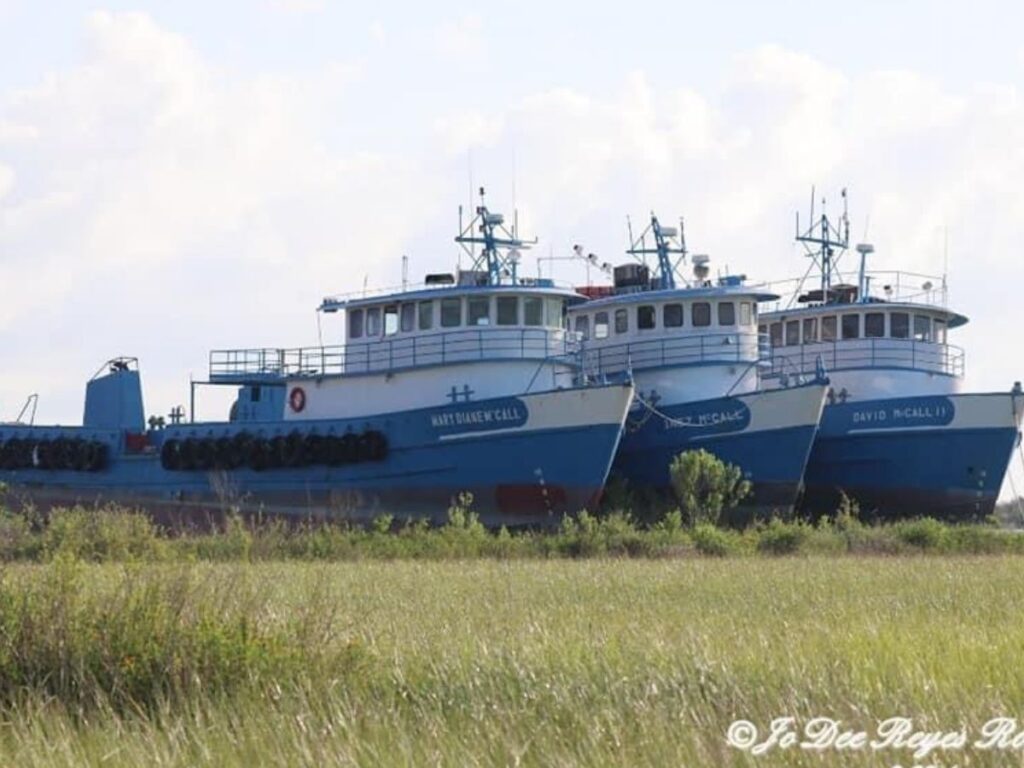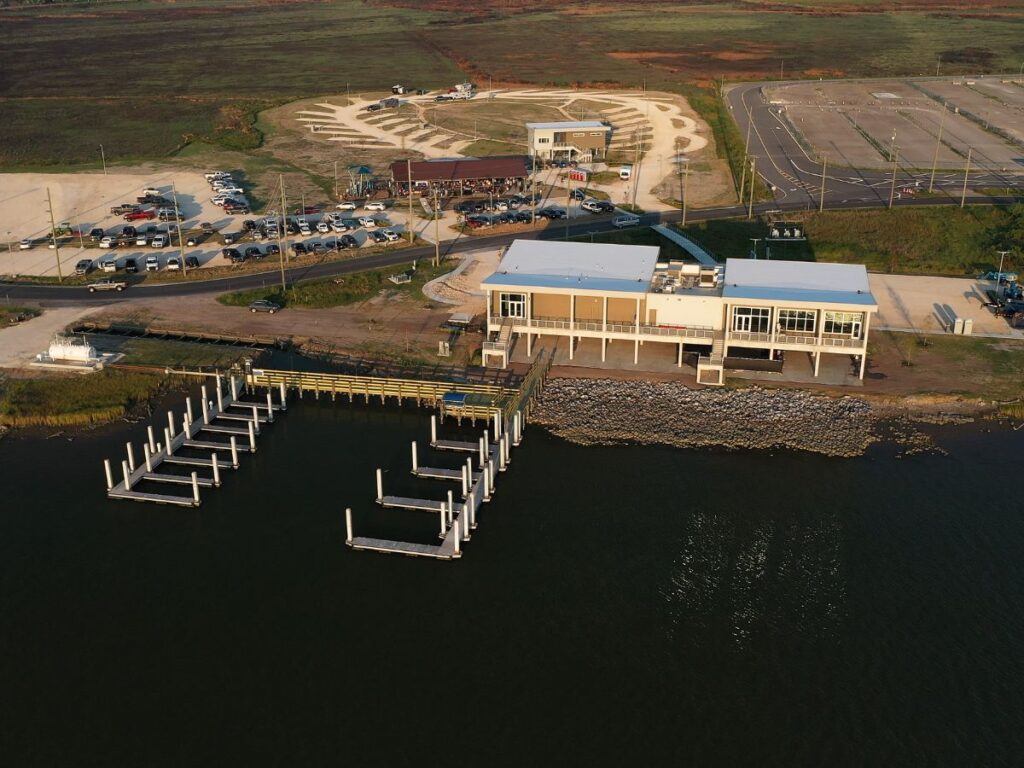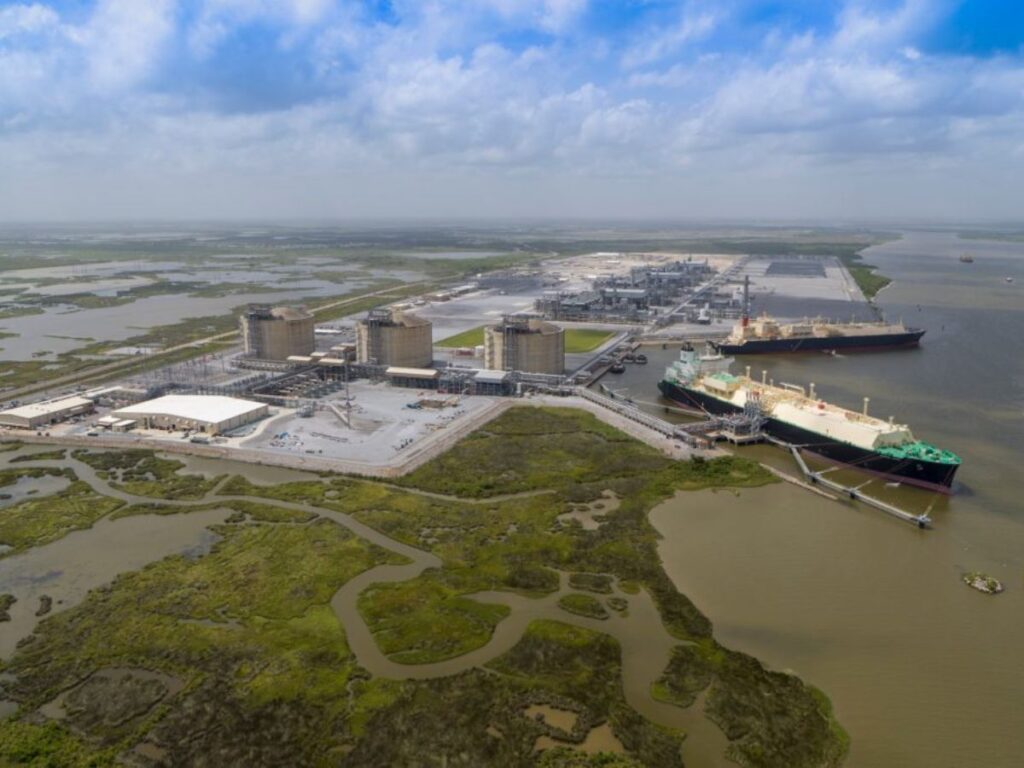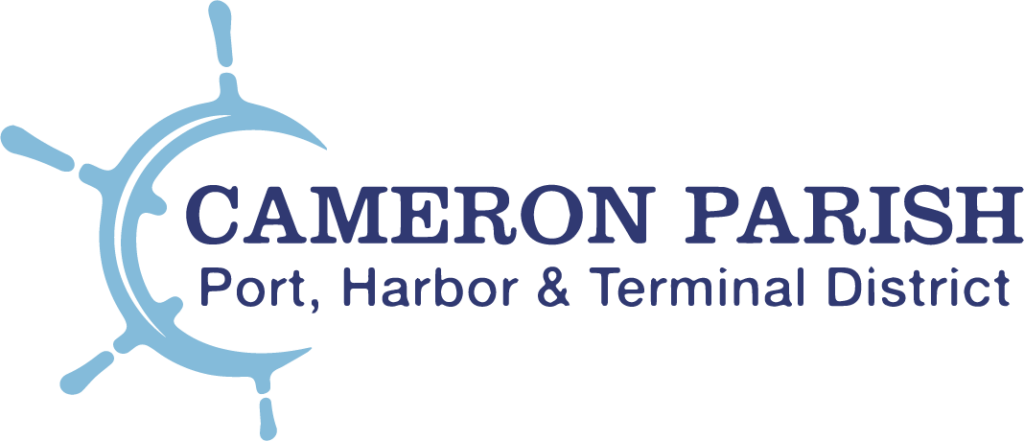In Cameron, Louisiana, a remarkable project is taking shape – the Cameron Alternative Oyster Culture (AOC) Park. This project, much like the community of Cameron, exemplifies innovation and resilience in the face of adversity.
Initiated with funds from the BP oil spill and administered by Sea Grant, the AOC Park is revolutionizing the way oystermen earn a living while promoting sustainable aquaculture practices. The Louisiana Department of Wildlife and Fisheries, along with biologists from Sea Grant, carefully selected this area, recognizing its potential for sustainable oyster farming. The Cameron Parish Port, Harbor, and Terminal District has been selected to oversee the establishment of a 48-acre oyster park in the southern region of Calcasieu Lake/Big Lake.
Traditionally, oystermen in Cameron relied solely on seasonal harvests for their income. However, this park focuses on producing boutique oysters, meticulously raised in controlled conditions within lots leased by farmers. The current farmers in the park were offered a one-time grant as a hand-up, not a hand-out, to purchase some of their equipment for the start-up.
Unlike native oyster varieties, these boutique oysters are raised in cages within the park. This controlled environment ensures a consistent supply of oysters year-round, providing oystermen with a stable income beyond the limitations of seasonal harvests. By utilizing triploid oysters, which grow faster due to reduced reproductive energy, oystermen can offer a more consistent supply to consumers. The proximity of the cultivation cages to the algae on which oysters feed further enhances their growth potential. The unique qualities of these boutique oysters, primarily enjoyed on the half shell, offer consumers a distinct culinary experience.
The AOC Park takes a farmer-driven marketing approach, bypassing processors and enabling oystermen to sell their products directly to consumers. This approach strengthens the connection between producers and consumers, fostering a sense of community and economic autonomy. By promoting sustainable seafood consumption, the park not only benefits the local economy but also raises awareness about the importance of preserving delicate ecosystems.
Salt Revival Oyster Co., owned by David Sorrells, is among the current tenants of the AOC Park. Their participation demonstrates the potential and commitment of local businesses to this innovative venture. By utilizing on-bottom and off-bottom oyster aquaculture cages and bags, Sorrells aims to contribute to the cultivation and growth of oysters within the park. Sorrells placed his first cages in the water last Fall and has now begun harvesting his crop.
How can you savor these oysters? Local restaurateur and chef, Andrew Green, has added the Salt Revival Oysters as a part of 1910‘s menu moving forward. They are served raw with served with a house cocktail and traditional mignonette with “fried” saltines. Chef Andrew prioritizes locally sourced ingredients, ensuring that each dish at 1910 reflects the richness and authenticity of the region’s culinary heritage.
Looking beyond mere commerce, the visionaries behind AOC Park aspire to create a holistic oyster experience for the public. In the future, the park aims to become a public destination, offering educational tours and immersive tastings. Visitors will understand the journey from the Gulf to the table, fostering appreciation for the intricate ecosystems that support our communities.
However, the path to realizing this vision is not without its challenges. Navigating the dynamic tidal flows of Calcasieu Lake and mitigating risks posed by boat traffic demand innovative solutions. PVC markers and buoys, essential for delineating oyster cultivation areas, are susceptible to damage. However, these challenges have been met head-on, with the project continuously evolving and adjusting to ensure its success.
The establishment of the Cameron AOC Park showcases the power of collaboration, innovation, and a shared commitment to sustainability. By supporting initiatives like these, we not only revitalize local economies but also safeguard our maritime heritage and the delicate ecosystems that sustain us.
